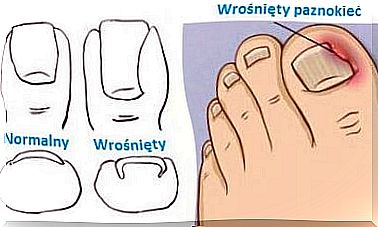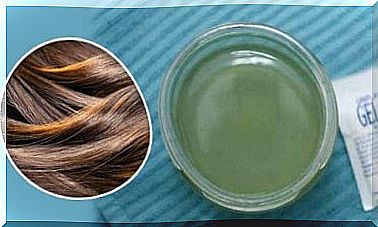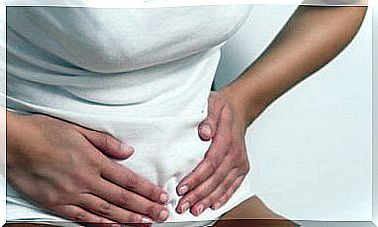Lack Of Sleep – The Best Practical Tips
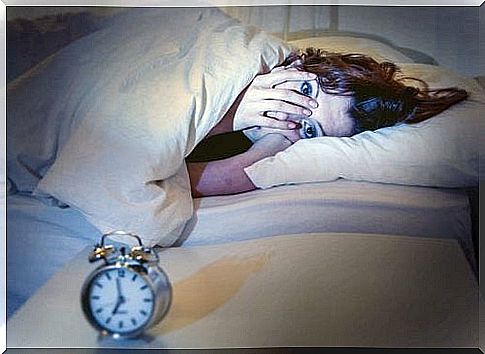
Have you ever suffered from chronic sleep deprivation or do you sleep less than 7 hours a night? This could affect your health. Over time, you will find that lack of sleep affects not only the functioning of the brain but also the entire body.
For your body to recover properly, you need to sleep 7-9 hours a night. Of course, everyone has different needs in this regard, for example, elderly people do not need as much sleep as young children.
However, we should all sleep at least 7 hours. If you sleep only 4 to 6 hours for an extended period of time (not counting temporary insomnia), you should change your habits or consult your doctor.
It is best to introduce new habits in small steps. Even if you’re not struggling with sleep deprivation, the habits we’re talking about have a positive effect on everyone. Try it and see for yourself. You will lose nothing, and you can gain a lot!
If you suffer from a lack of sleep, change some daily habits
It may sound surprising, but astronauts know best about sleep.
- Staying in space for a long time, astronauts must develop appropriate habits to maintain the correct circadian rhythm.
- From the perspective of the space station, they see how day rises in all time zones on Earth and how night falls in other time zones.
- Isolated in their gravity-free cabins, they lose touch with the day and night that would normally regulate their daily sleep cycle.
Changes to regular rest can cause serious problems because if an astronaut makes a mistake, it can often be irreversible.
For this reason, NASA conducted interesting research on the biological clock and published the results in which it issued detailed recommendations on the recommended amount of sleep.

Go to bed at the same time. The body has an internal clock!
We all have a “biological clock” that controls our circadian rhythm. Physiological changes are regulated throughout the day.
The more we stick to the regular daily schedule, the better we will feel and regenerate.
We know that it is not always possible to stick to the same hours. For example, shift work forces us to adjust our sleep and activity times to our job responsibilities.
Whenever possible, try to sleep 7-9 hours a night. Here are some tips on how to do this.
Signals all around
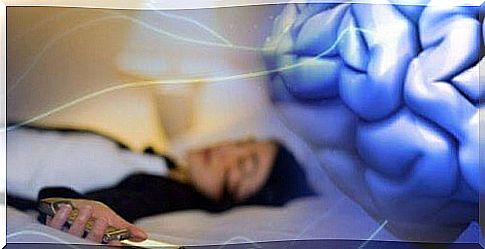
You have to cut off the light in order to sleep. This way, your brain will be able to go into sleep mode. If you need to sleep during the day, close the curtains and block the light from beneath the door.
You also need to pay attention to signals coming from electronic devices. To get adequate rest, turn off your mobile phone, computer, and TV set at least one hour before going to bed. It may be difficult, but your brain will thank you for it.
Temperature and smells in the bedroom and lack of sleep
It may seem fun, but keep it in mind – the ideal temperature for sleeping is 15 to 22 degrees Celsius.
- Unpleasant smells can disturb a good night’s sleep and even cause nightmares.
- Lavender and vanilla have the best relaxing properties.
One hour of rest before bedtime

If you sleep less than 7 hours, use this advice. Turn off all electronic devices one hour before going to bed.
Instead of using electronic devices, relax, for example by reading a good book. Don’t think you need to fall asleep. This is a time to gradually turn off your worries and “tomorrow I have to …” thoughts. Just read the book.
At this point, nothing else should count. Calm the body and soul, you will soon feel drowsy. Submit to her.
Short naps cure insomnia
Perhaps this information sounds contradictory to other recommendations, but let’s take a closer look at it.
- The healthiest naps last 15 to 20 minutes and should not be extended.
- After this time, you will wake up refreshed and your brain will be more lively.
- A longer nap will have the opposite effect. You will wake up tired and you will not be able to fall asleep afterwards.
A short afternoon nap serves the internal clock well.
If you sleep less than 7 hours, remember that the key to solving the problem is to “teach” the brain to self-regulate. You have to be consistent in this.
If nothing changes, talk to your doctor about the problem. It is important that you find out the exact cause of your sleep deprivation and what treatments can help you fight insomnia.


